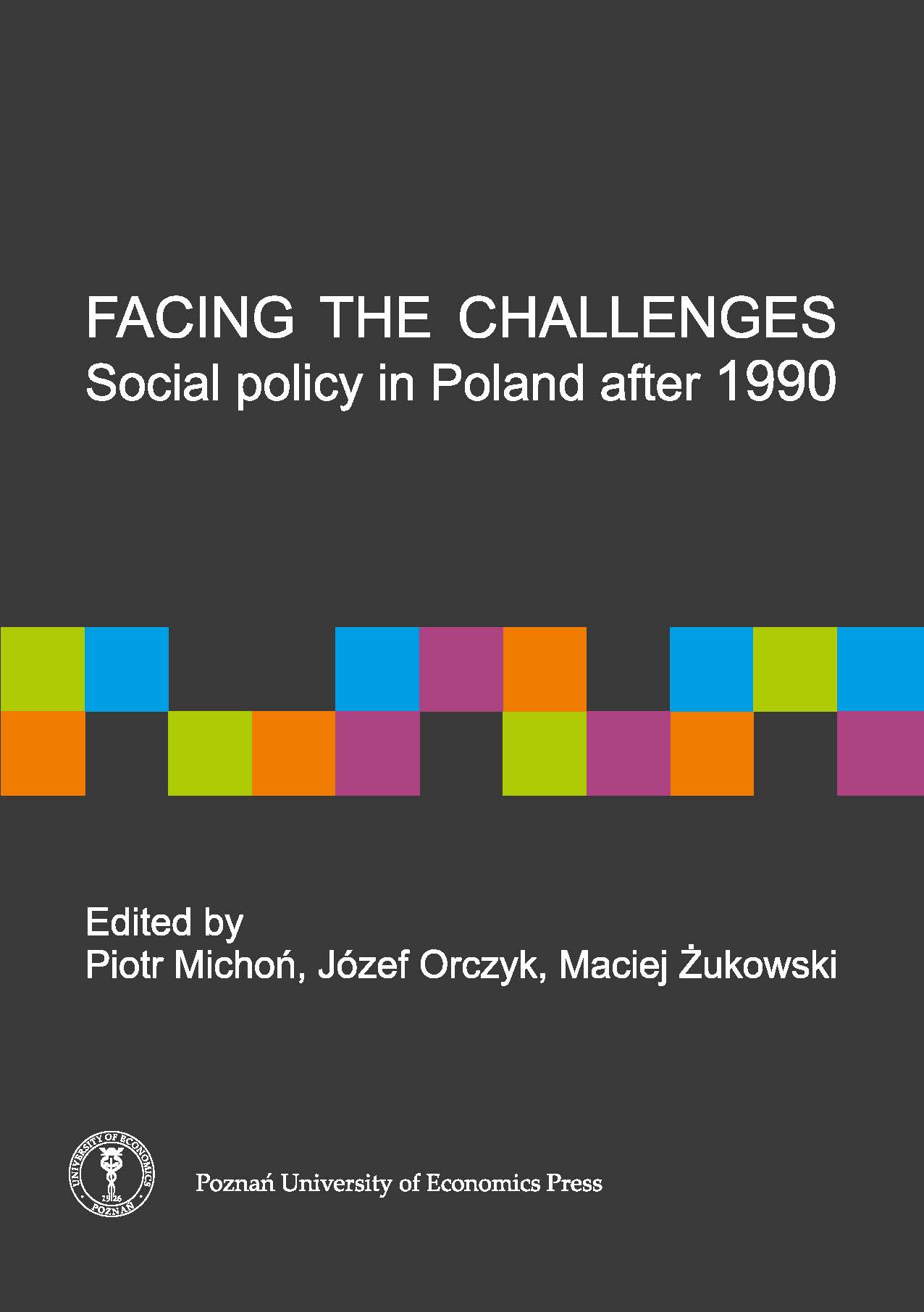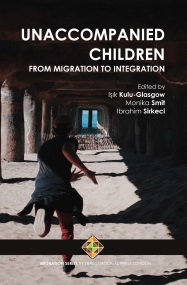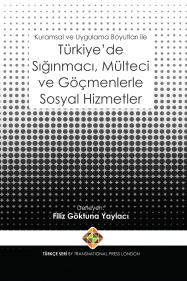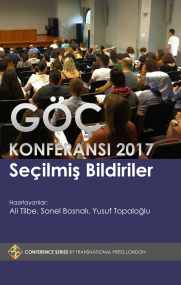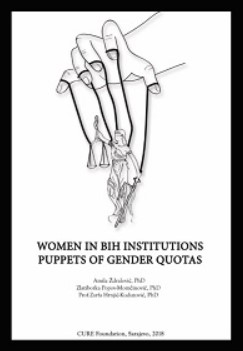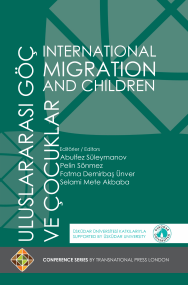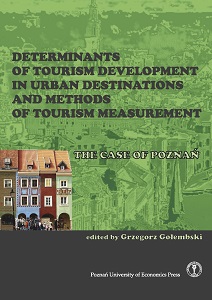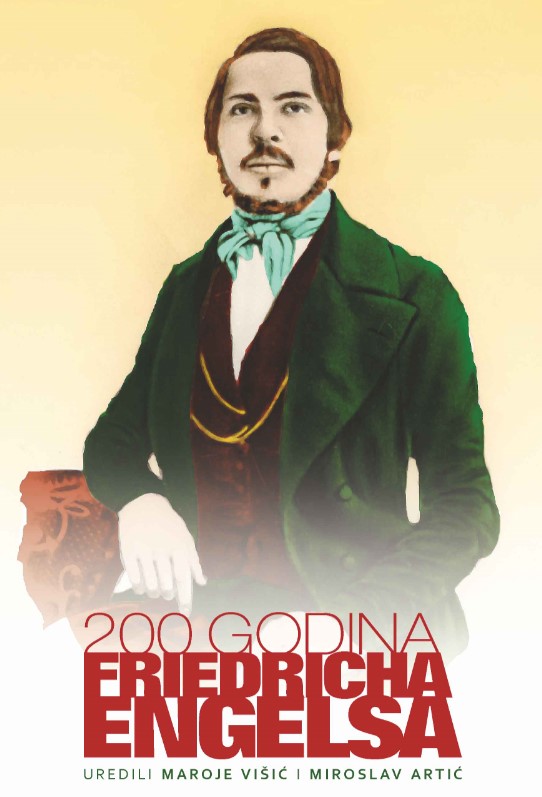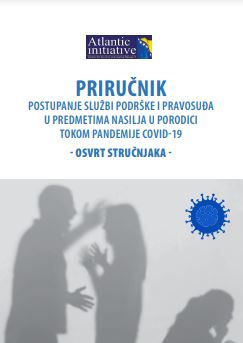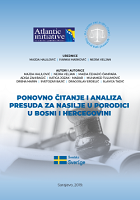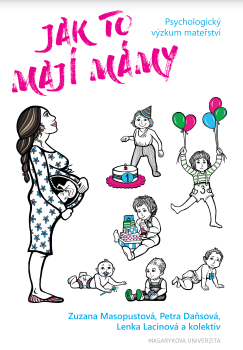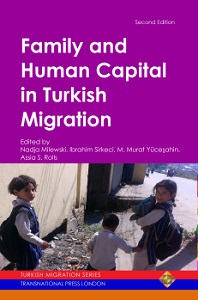
Rethinking loyalty (vefa) through transnational care practices of older Turkish women in Sweden
First-generation Turkish immigrants in Sweden have started to reach older ages and to think about their old age and future care needs. Strong family and community ties, intergenerational solidarity, and cultural practices regulating marriage, socialization and care are believed to be a characteristic of Turkish families (Liljeström & Özdalga, 2002). However, as Finch and Mason argue, “responsibilities between kin are not straightforward products of rules of obligation, they are (…) the products of negotiation” (1993, p. 60). An increasing number of studies attempt to understand how families are made and remade in the migration context through care relations, responsibilities and negotiations (Baldassar, 2001, 2007, 2008; Bryceson & Vuorela, 2002). In this paper, I will highlight the role of emotions in negotiating and thinking about care responsibilities in a migration context and argue that emotions not only redefine transnational care practices but they also reshape the ways in which family responsibilities are imagined in diaspora space (Brah, 1996). After briefly describing the methods of the research, focus will be directed towards exploring the significance of emotions in migration studies. Then I will focus on a particular emotion – vefa – and discuss how it is translated into gendered care practices, by referring to three older Turkish women’s accounts.
More...
